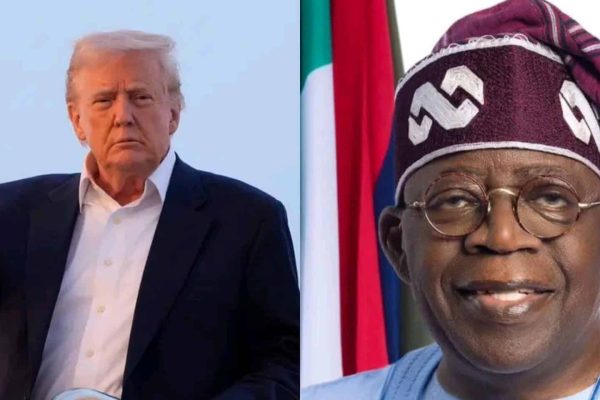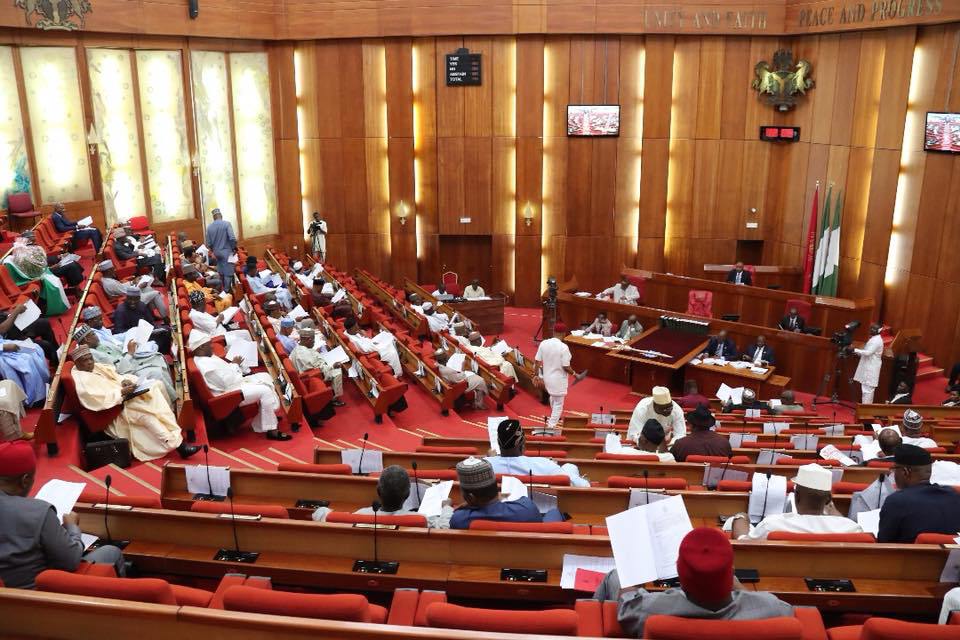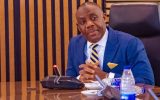by Ijeoma Nwogwugwu
…it is high time we jettisoned the quota system, federal
character or political considerations in determining who should occupy certain critical agencies of government.
Last Thursday, the Adhoc Committee on the Review of the Constitution of
the House of Representatives, submitted its report on the Peoples Public
Sessions conducted by the committee to let the Nigerian people determine
what aspects of the constitution they would wanted amended.
One notable outcome of the public sessions was the overwhelming vote by
the people not to include clauses in the constitution to rotate the Office
of the President between the north and the south, and among the six
geo-political zones in the country. The people also voted in large numbers
to fill the Office of the President purely on the basis of merit.
Given the plurality of opinion for entrenching a culture of meritocracy as
a basis for occupying the highest office in the land, I often wonder why
the same cannot be said for much lesser offices in the country. This
question is necessary in the face of continued agitations by one section
of the country or the other for the occupation of certain offices the
second the last chief executive steps down.
A case in point is the swirling controversy over the recruitment process
for the appointment of a substantive executive chairman of the Federal
Inland Revenue Service (FIRS). Some sympathisers of the acting executive
chairman of FIRS Kabir Mashi, as well others who would prefer that
political considerations and not merit be used to determine the selection
of a new head for FIRS, have been at loggerheads with the finance minister
Ngozi Okonjo-Iweala.
Indeed, the storm raised over the appoint of a substantive head for FIRS
has even led to the institution of a law suit by one Max Ogar, an
Abuja-based lawyer. Ogar, on behalf of his clients, is asking the court to
declare the process of selecting a new chairman for FIRS as initiated by
Okonjo-Iweala illegal.
He is contending that it is the exclusive preserve of the president to
make such appointments and has anchored his argument on Section 3(2)(a) of
Federal Inland Revenue Act, which vests the president with the authority
to appoint any person of his choice to the office. He observed that the
president had, in the last two years, appointed chief executives for
scores of ministries, departments and agencies, including critical ones
like the Nigerian National Petroleum Corporation, Nigerian Ports Authority
and Independent National Electoral Commission, without advertisements and
interviews. He further averred that the FIRS’ executive chairman’s
position has always been filled by persons appointed by the president,
subject to confirmation by the Senate.
To give fillip to Ogar’s suit, special interests from primarily the
northern section of the country have also accused Okonjo-Iweala of only
appointing people from either the south-east or south-south zone to
agencies supervised by her ministry (they can’t seem to make up their
minds which zones she comes from or favours).
To buttress their point, they have cited the Sovereign Wealth Fund, Debt
Management Office, Asset Management Corporation of Nigeria, Investment and Securities Tribunal, Securities and Exchange Commission and even the
Nigerian Stock Exchange, a private sector institution, as being headed by
people from only the south-east.
Instructively, they left out other agencies not headed by people of
south-east origin such as the Offices of the Accountant and
Auditor-Generals of the Federation, Nigerian Customs Service, National
Insurance Commission, Budget Office of the Federation, and even the
Central Bank of Nigeria, Nigeria Deposit Insurance Corporation and Bureau
of Public Enterprises, among a host of other economic or financial system
government agencies not under the supervision of the finance ministry. Nor
were they willing to acknowledge that the heads of DMO and SEC were put in
place by Okonjo-Iweala’s predecessors while that of AMCON was headhunted
primarily by the CBN.
They also accused the external consultant, Phillips Consulting, which has
been contracted to undertake the recruitment search for the head of FIRS,
of working to a predetermined conclusion to favour the dictates of the
minister. But they completely miss the point.
The results of the Peoples Public Sessions conducted by the House of
Representatives rejecting the inclusion of provisions to rotate the Office
of the President in favour of electing a president purely on merit,
notwithstanding, goes to prove our preference for speaking from both sides
of the mouth. When it gets down to brass tacks, we often sink back to our
primordial sentiments. And that, quite frankly, has been the bane of
leadership in this country.
If it is widely accepted that the last chief executive of FIRS Ifueko
Omoigui-Okauru, who stepped down a year ago, did a wonderful job and
performed meritoriously during her stewardship at the agency, why should
we be afraid of looking for someone in the same mold to consolidate on her
performance and elevate taxation policies and inclusion in the country.
It should also be noted that Okonjo-Iweala would not have sought the
services of Phillips Consulting without the president’s approval. Section 142 of the constitution also allows the president to “in his discretion, assign to the vice-president or any minister of the Government of the Federation responsibility for any business of the Government of the Federation, including the administration of any department of government.”
Moreover, it is high time we jettisoned the quota system, federal
character or political considerations in determining who should occupy
certain critical agencies of government. These should include even
behemoths such as NNPC and its subsidiaries as well as NPA. That they are
cesspits of corruption and are poorly managed, primarily stems from the
calibre of people appointed to run them. These are revenue-generating
agencies that are not just unaccountable to the people but even the
government that set them up.
The more important question to ponder is if a certain section of the
country is afraid to compete? The north needs to do away with its
entitlement mindset and become competitive like the rest of the country.
The north, more than any other section, has been afraid of and the most
resistant to reforms of any kind because change rids the system of
cronyism and over-dependency on patronage. If it suffers from a deficit of
professionals who cannot compete with their counterparts in the south,
then its leadership must begin to invest more in education, training and
healthcare to develop its human capital resources and empower its people
to commanding heights by dint of hard work and merit.
However, I do not believe that the north cannot present the right
professionals for available jobs. I am certain that like all parts of the
country, the north boasts highly educated and eminently qualified
technocrats. Unfortunately, they are hardly ever pushed forward by the
northern establishment to take up positions that place them at par with
their southern counterparts. The well-educated people of the north are
constantly seen as threats and considered polarising by the powers that be
from that part of the country. The establishment is afraid that these
northern intellectuals will challenge the status quo and turn the
downtrodden (better known as the Almajaris) from which they derive their
support and power base against them.
Well, it is left to the north to decide what it wants. It needs to do some
soul searching and tell itself some home truth. This mindset of “its our
turn to eat” through quotas is no longer good enough. For its sake and
the rest of the country, it must seek for and fight for a system that
throws up only the best. And this must be applicable to the north, south,
east and west.
—————————
Read this article on ThisDay Newspapers
Op-ed pieces and contributions are the opinions of the writers only and do not represent the opinions of Y!/YNaija.
















